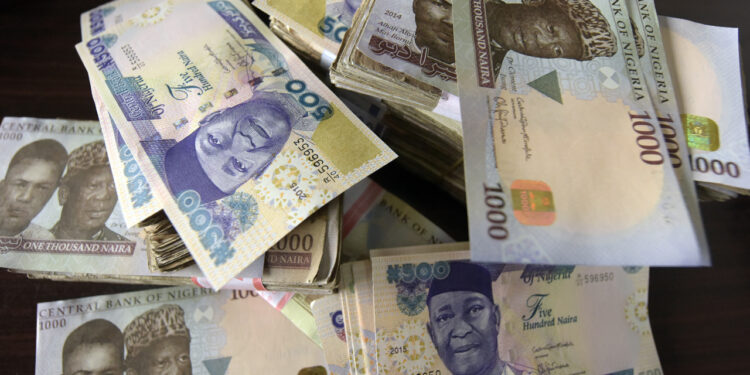As per the latest money and credit statistics from the Central Bank of Nigeria’s website, the currency in circulation has seen a steady increase. In March, it reached N3.87 trillion, up from N3.69 trillion in February and N3.65 trillion in January. Similarly, currency held outside banks has shown a progressive rise throughout the first quarter, climbing from N3.28 trillion in January to N3.41 trillion in February and N3.63 trillion in March.
The data highlights a significant trend: over 90 percent of the currency in circulation is held outside the banking system, indicating a growing preference among Nigerians to hold cash. During the Monetary Policy Committee meeting in March, Muhammad Abdullahi, a member, pointed out that the Central Bank has identified high currency holdings outside banks as a key contributor to the country’s inflationary pressures.
Abdullahi noted that while domestic food prices remain a primary driver of headline inflation due to supply shortages and logistical challenges, the Central Bank’s response is focused on tackling monetary drivers such as money supply growth, exchange rate fluctuations, and the high volume of currency held outside banks. Addressing these factors is expected to significantly mitigate inflationary pressures.
In January 2024, during the peak of the currency redesign policy, currency in circulation stood at N1.386 trillion, with 57 percent, or N792.184 billion, held outside banks. By February, this figure rose to N843.311 billion, constituting 85.9 percent of the total circulation of N982.097 billion. In March, the percentage of cash held outside banks slightly decreased to 85.8 percent, with N1.445 trillion of the N1.683 trillion currency in circulation located outside the banking system.
























